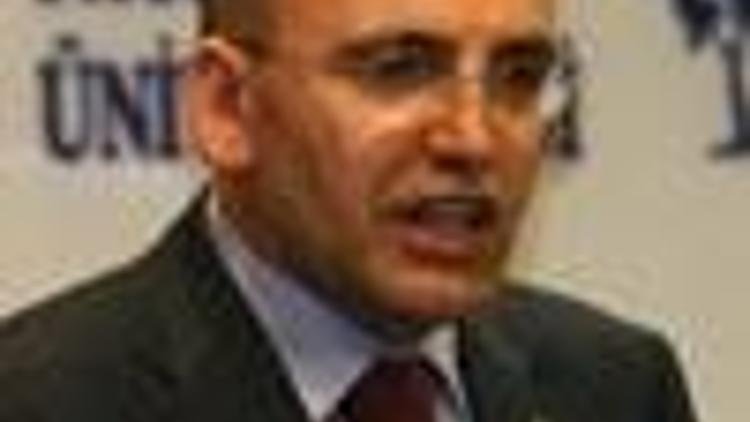Turkey, IMF agreement on 3-yr loan deal principles, talks continue - min
Güncelleme Tarihi:

ISTANBUL - Turkey and the International Monetary Fund, or IMF, have agreed on a "set of principles" to guide negotiations for a new three-year loan arrangement, but the two sides have not reached a preliminary deal, the country's economy minister said on Sunday.
In a telephone interview with the Wall Street Journal, Simsek said
At the G-20 summit in
Simsek said
Turkish media had also earlier reported that the government had reached a deal in principle with IMF, citing Simsek. The reports said that the deal would cover all of
An IMF spokeswoman also confirmed the IMF-Turkish discussions and said that negotiating teams would meet soon either in
During negotiations in January, he said,
Since January, Turkish government revenues have plunged. Simsek said that the IMF was pressing
Simsek noted that the United States, China and Western European countries have been trying to "spend their way" out of the downturn through fiscal stimulus and deficit spending, but said that this option was not available for Turkey. He said the country, with around $68 billion in foreign reserves, is unable to finance such a strategy.
"We cannot just increase our budget deficit; that would increase external financing needs," he said.
Simsek said that Turkish companies were suffering from a sharp reduction in foreign capital flows. "Pessimism is contagious. Turkish banks with good fundamentals won't lend and households with low leverage won't spend."
An IMF loan "would help ease concerns about external financing," he added.

